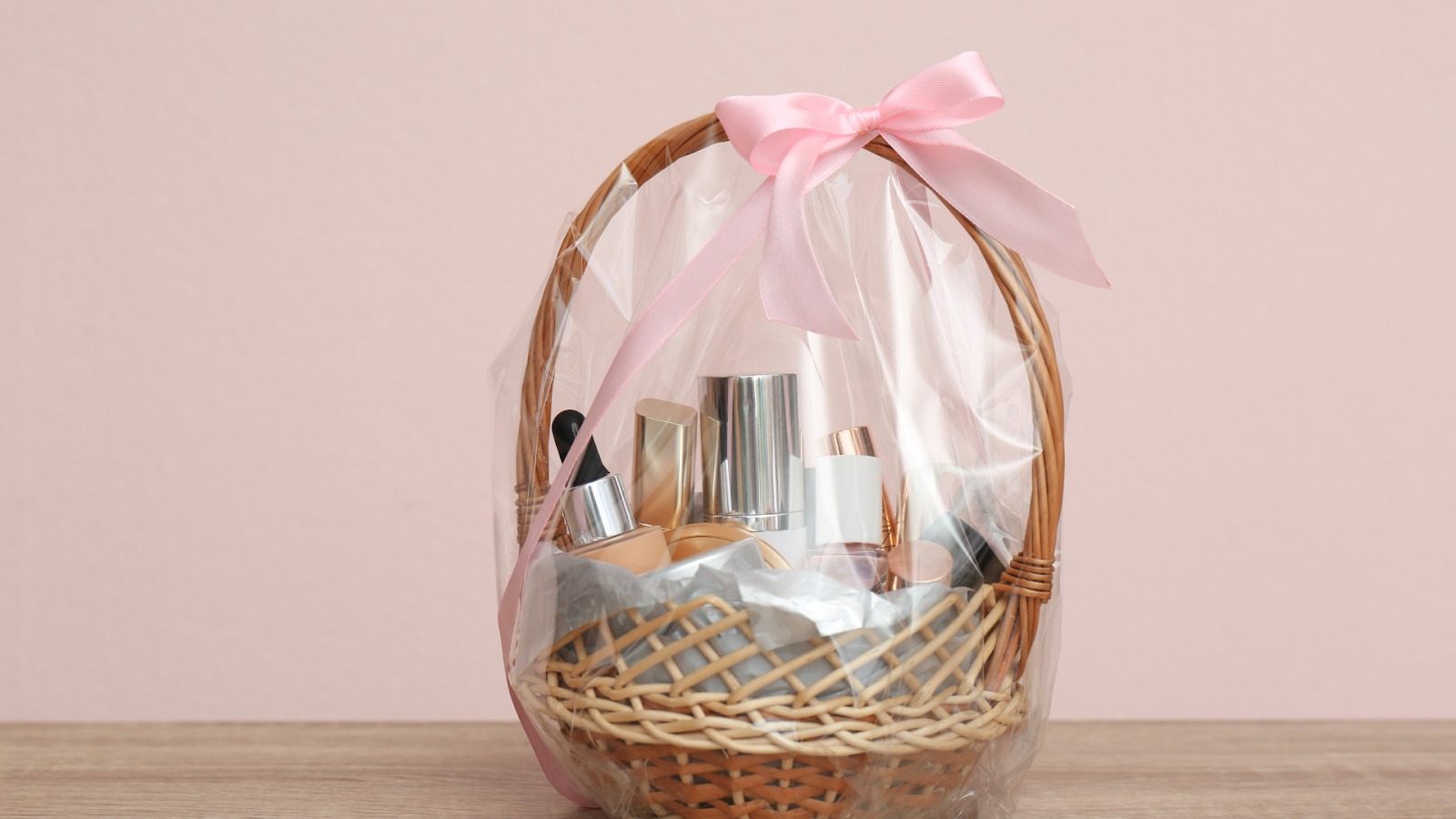Supposing that you have an elegant dressing table, you are probably interested in taking care of its attractiveness and prolonging its service life. The best possibility is to protect them with the help of a dressing table glass top protector. Although this accessory is not mentioned as frequently, it is one of the most important accessories that help you avoid scratches, heat damages, makeup stains, and everyday moods on your furniture. Here we will read about all we want to know about glass top protectors to dressing tables including what they are, why they are important, types available, selecting and carrying a glass top protector to dressing tables.
A dressing table glass top protector A dressing table glass top protector is a piece of tempered or laminated glass, usually with a frosted or transparent surface, that is laid directly over the top of a dressing table. It has the primary role of preventing damage of the table through physical and chemical interference with the underlying wood or finish as well as preserving the beauty of the table.
During the process of styling makeup, jewelry, hair accessories, and metal tools must be used, as such, they are likely to scratch wooden or laminate finishes. A tempered glass protector serves as a long-lasting cover whereas chances of abrasions on the surface get minimized.
Items such as hair styling iron like straightener and curling iron, hair dryer can destroy wood as such items generate too much heat. Also, moisture rings can be caused by spillage of lotions or water in flower vases. Such settings require use of glass protectors which are heat and waterproof.
Dressing tables often have foundation leaks and spills, eyeshadow marks and perfume stains. Unlike varnished wood or laminate, glass is much easier to clean and it does not take a long time to be stained.
The original finish is kept secure by a glass top that prevents the effects of UV rays, discoloration, and friction and allows your furniture to look the same a few years later.
Most popular option
Highly durable and shatter-resistant
Ideal for high-use areas
Comes in various thicknesses (usually 6mm or 8mm)
Made by bonding two layers of glass with an interlayer
Offers added protection in case of breakage
Slightly heavier and more expensive
Offers privacy and style enhancement
Less prone to showing fingerprints or smudges
Often used in modern or minimalist interiors
Designed to match the exact dimensions and shape of your dressing table
Options for beveled, polished, or pencil edges
Increases aesthetics while offering functionality
Make accurate measurements of your dressing table surface even with curves or cutouts to have a well fit dressing table. In complicated shapes, you may want to use templates made of paper.
Residential fine scale installation will often only require 6mm (1/4"), although 8mm (5/16") may be more appropriate to install on large areas or to gain extra stability.
Beveled edges offer an elegant look and soften the appearance.
Flat polished edges provide a sleek and modern finish.
Pencil edges have a rounded feel and are safe in high-traffic areas.
Opt for safety, such as tempered or laminated glass, to keep in mind that you may be in a situation where you have either a child or a pet. When they break, these materials do not break into sharp items.
Use a microfiber cloth with glass cleaner or a vinegar-water mix to wipe off fingerprints, makeup, or dust.
Never use scouring pads or harsh chemicals, as they may scratch the glass or damage any tint/frosted coating.
When removing the protector for cleaning, lift it up instead of sliding to avoid scratching the dressing table underneath.
Check regularly for any damage at the corners or edges. Even tempered glass can develop weaknesses over time.
Placing a lace mat, printed fabric, or a customized insert between the table and the glass can enhance visual appeal without compromising functionality.
Glass surfaces reflect light beautifully. Add strip lighting under the glass for a modern vanity look.
Coordinate your brush holders, trays, and perfume organizers with the protector for a cohesive aesthetic.
Using regular (non-tempered) glass: It's risky and may shatter dangerously.
Ignoring corner protection: Rounded corners help prevent injuries, especially in smaller spaces.
Not cleaning regularly: Dust and makeup residue can dull the appearance of even the clearest glass.
Using poor-quality adhesives: If you're adding any grip pads or protective dots, opt for high-quality, non-marking materials.
If you’re on a budget or environmentally conscious, here are some alternatives:
Lightweight, less expensive, and shatterproof. However, they scratch more easily than glass.
Eco-conscious consumers may opt for recycled glass sheets. These are not always easy to find but can offer both sustainability and style.
You can find glass protectors from old tables or discontinued furniture collections — a sustainable and budget-conscious option.
One of the smaller yet more powerful factors is a dressing table glass top protector that can do a lot of good and make your furniture last much longer. Whether it is an old-fashioned vanity, or a more up-to-date make-up table, the type, thickness, finish of glass may be chosen to allow a balance between fashion and strength. And with some imagination you can even make your glass top part of your decor as well as a kind of protection.
Once knowing what it means, looking at what is out there and cherishing a few care tips, you can make sure your dressing table is as new and as elegant as ever without a scratch or a stain to date.




Want to add a comment?